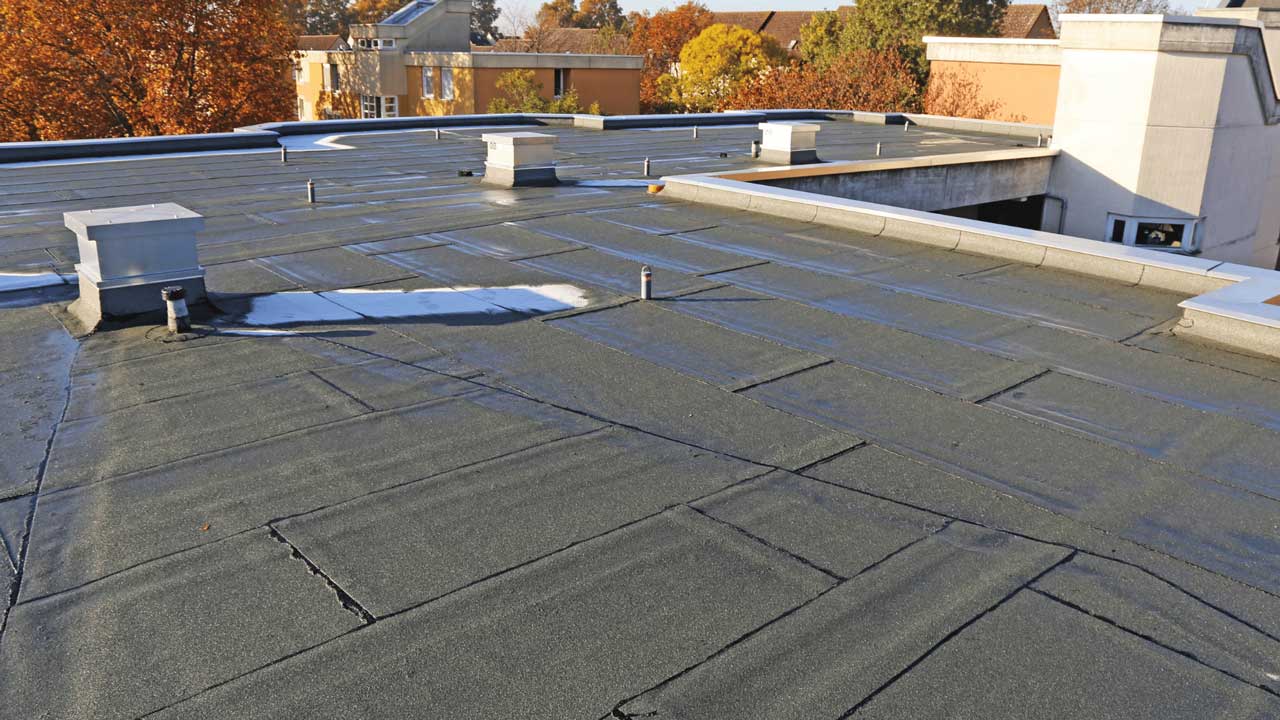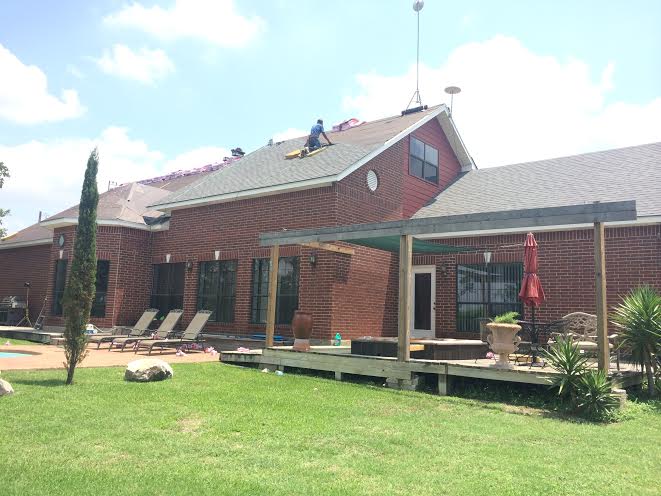Home renovation projects are a great way to improve the value of one’s property and create a more comfortable living environment. However, there is an inherent risk involved when employing contractors due to potential damage caused during construction work. It is important for homeowners to be aware of their rights in these situations as well as any potential liabilities associated with hiring a contractor. This article will discuss who is responsible if your contractor damages your house and how best to protect yourself against such eventualities.
The first step taken by most individuals before undertaking any major home improvement project is obtaining quotes from several different contractors. Before deciding on which quote to accept, it is essential that homeowners do their due diligence and check relevant credentials, references and reviews of each contractor they consider employing. Doing so can help ensure that reputable companies are hired and may reduce the chances of unwanted surprises or additional costs arising later on.
Finally, regardless of how careful you have been in selecting a suitable contractor, accidents still happen and sometimes result in damage being done to the building itself or its contents. In such cases, both parties must understand what happens next; who pays for damaged items, whether repairs should be handled directly between homeowner and contractor or through insurance providers etc? The following sections will explore this issue in greater detail.
Definition Of Contractor
A contractor is a person who provides services and materials to complete projects, such as remodeling or construction of buildings. Contractors are hired by the homeowner, organization, business, or government entity to oversee the project and manage its completion. They must have certain qualifications and legal authorization in order to practice contracting. This includes being a licensed professional with certifications that demonstrate knowledge and skill in their particular field.
Contracts outline what tasks will be completed, when they will occur, payment terms, timelines for completion, and any other details regarding the work to be done. It also specifies how disputes can be handled if something goes wrong between the two parties involved: the homeowner and the contractor.
Homeowner Obligations
It is important for homeowners to understand their obligations when using a contractor. It is the homeowner’s duty to ensure that they have chosen an appropriate and reliable contractor, by researching the individual or business thoroughly and understanding the terms of any contract they sign. In some cases, hiring unlicensed contractors may lead to legal ramifications if damage occurs in a property due to negligence or incompetence on behalf of the contractor.
In situations where damage has occurred as a result of negligent workmanship from the hired contractor, it is typically the responsibility of the homeowner to seek compensation for repairs or replacements. Homeowners should always be aware of their rights and responsibilities under state law, particularly with regards to warranties offered by contractors and insurance policies covering damages caused by contracted works. This will help them take steps towards receiving adequate restitution when necessary.
Contractor Obligations
The contractor is responsible for any damage caused to the house by their work. This includes damages resulting from poor materials, careless labor, negligence and oversight in terms of safety measures taken while working or other related factors. The homeowner should also be aware that they could be held liable if a contractor has not been properly insured or licensed.
Contractors are expected to take out liability insurance which covers both them and the property owner. If a contractor fails to do so, then they may have breached the contract and can be held legally liable for any damage incurred as a result of their workmanship. Homeowners must ensure that contractors have sufficient coverage before permitting them to begin work on their property.

Liability Insurance Coverage
Liability insurance coverage is an important consideration when engaging a contractor. If the contractor damages your property, they are liable for any costs associated with repairs or replacement of materials. Depending on the type of policy purchased, liability insurance can also cover legal fees and other expenses related to defending yourself in court if there is a dispute over damages caused by the contractor.
A comprehensive business liability insurance policy should be purchased prior to hiring a contractor. This will provide protection from financial loss due to negligence or errors made by the contractor during their work. The policy should include both general liability coverage as well as specific coverage for any services provided by the contractor.
Additionally, it is important to ensure that all subcontractors working at your home have adequate liability insurance coverage in case of an incident involving damage or injury while onsite. By taking these steps before beginning work, you can reduce your risk of costly financial losses due to accidents or mistakes made by contractors while performing their duties.
Proving Fault And Responsibility
When a contractor damages your house, it can be difficult to determine who is responsible. The first step in proving fault and responsibility is examining the contract between you and the contractor. It should clearly outline each party’s responsibilities, as well as any liability clauses or insurance requirements that may apply. If negligence or breach of contract is found on either side, this could indicate potential fault and responsibility for repairs.
The second step involves looking at whether the damage was caused by an act of nature such as a storm or flooding, which would generally not be the responsibility of either party unless specifically outlined in the contract. Lastly, if there are any witnesses to the event that led to the damage, their testimony can also help prove who was responsible for the incident. In some cases, public records such as building permits may also provide evidence regarding potential blame or culpability.

Resolution Processes
If a contractor causes damage to a house, the homeowner is responsible for determining fault and responsibility. To do this, they must assess the value of the damage done to the home and any resulting costs or losses incurred. The homeowner should then contact their contractor with evidence that demonstrates what occurred. If it can be established that negligence on behalf of the contractor caused the damages, then legal action may need to be taken in order to receive compensation for repairs and other associated costs.
The process of resolving such disputes between homeowners and contractors varies by state but typically involves filing claims in small claims court, seeking arbitration from a third-party mediator or engaging an attorney. Homeowners should research their options carefully before deciding which route is best suited for them given their specific circumstances.
Depending on the situation, some states provide resources like mediation services through local bar associations that can help both parties reach an agreement without having to go through litigation. It is important for homeowners to understand their rights as well as applicable laws so that they are able to make informed decisions throughout the resolution process.
Seeking Legal Assistance
When a contractor is responsible for damages to one’s house, the individual may wish to consider seeking legal assistance. If the damage was caused by negligence on behalf of the contractor and it can be proven, then a court may decide that the homeowner has grounds for a civil lawsuit against them. One should research specific laws regarding filing such claims in their state or municipality.
An attorney experienced in this type of litigation will be able to advise what is needed to make an effective case and secure compensation for repairs or losses due to any breach of contract made by the contractor. Additionally, they can provide advice on potential remedies available under applicable consumer protection law if necessary.
It is important to note that filing suit typically requires making some out-of-pocket payments; however, these costs are usually reimbursed as part of any settlement reached between parties involved in the dispute resolution process.

